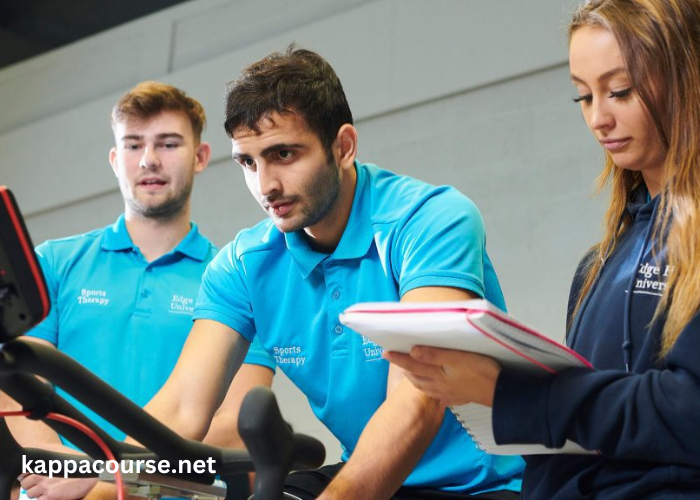The sports industry’s demand for skilled professionals in coaching and management is rising. Aspiring sports coaches and managers are required to have theoretical knowledge and practical experience. How does practical experience shape the effectiveness of sports coaching management education? And why is it considered essential for success in this field?
ACPE sports coaching management programs or other institutes incorporate hands-on experience into the curriculum. They are designed to bridge the gap between theory and practice. By focusing on academic learning and real-world application, these programs provide students with a well-rounded education.
The Importance of Practical Experience
Practical experience in sports coaching management is invaluable. It allows students to apply the concepts they’ve learned in the classroom to real-life situations. This experience enhances their understanding of the subject matter and builds their confidence in handling various scenarios. Hands-on experience ensures that graduates are well-prepared for the demands of the industry.
Real-World Application of Theoretical Knowledge
While theoretical awareness forms the foundation of any education, its application in real-world settings is what truly cements a student’s understanding. This application often involves working with actual teams, engaging in coaching sessions, or participating in projects. By integrating practical components into the curriculum, students gain insight into the complexities of the sports industry.
Building Coaching and Management Skills
Practical experience is crucial in developing the core competencies for successful sports coaching and management careers. Hands-on activities teach Students to strategise, communicate effectively, and make informed decisions. These skills are essential whether on the field coaching athletes or managing sports organisations behind the scenes. The opportunity to practice these abilities in a controlled environment prepares students for the industry’s dynamic nature.
Enhancing Employability
Having practical experience can significantly enhance a graduate’s employability. Employers in the industry seek candidates who can demonstrate knowledge and the ability to apply that knowledge effectively. Graduates of programs that emphasise practical learning often stand out because they bring valuable experience. This experience can include internships, volunteer work, or participation in live projects, all of which contribute to a strong resume.
Networking Opportunities
During internships, workshops, and on-field training, students interact with industry professionals who can offer mentorship, advice, and potential job opportunities. These connections are priceless as they can open doors to various career paths within the sector. Networking during practical experiences helps students understand the expectations and align their career goals accordingly.
Learning from Industry Experts
Practical experience in sports coaching management often involves learning directly from industry experts. These professionals carry real-world experience into the classroom. It provides students with insights beyond textbooks.
By participating in practical sessions led by experienced coaches, students gain a deeper understanding of the industry’s best practices. This direct exposure to the industry’s inner workings enriches their education. As such, it prepares them for successful careers.
Preparing for Real-World Challenges
This dynamic and unpredictable industry requires professionals to be adaptable and quick-thinking. Practical experience helps students develop these qualities by exposing them to real-world challenges. As such, students learn to think on their feet and make decisions under pressure.
Practical experience is a cornerstone of programs like ACPE Sports Coaching Management. It plays a vital role in shaping well-rounded professionals ready to tackle the challenges of the sports industry. By blending theory with hands-on learning, students gain the skills, confidence, and networks needed to excel in their careers. Likewise, graduates are equipped with the knowledge and experience necessary to make a significant impact in the world of sports.







